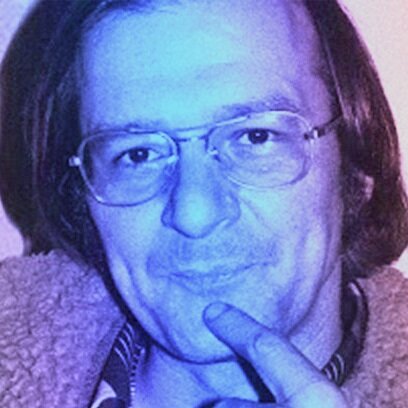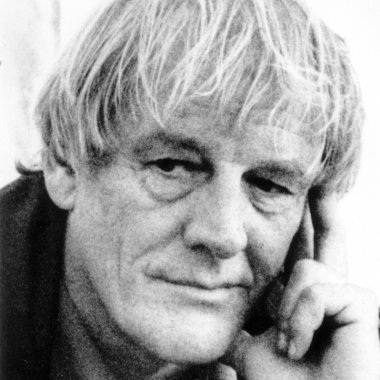Canadian composer Claude Vivier (1948-1983) developed an otherworldly harmonic palette inspired by the electronic music technique of ring modulation. Learn about Vivier’s couleurs and the basics of utilizing this technique to generate pitch material from two-part counterpoint.
Read MoreI had the pleasure of premiering the second movement of my drum set quartet Codex at the Sō Percussion Summer Institute 2020. Watch the video of the performance here.
Read MoreThis week I've been revisiting the work of Danish composer Per Nørgård as part of a broader exploration into different approaches to algorithmic composition. Specifically, I’m looking at his infinity series (a technique for generating a constantly-evolving self-similar set of numbers that bears resemblance to fractal geometry) and digging into its potential for generative music and art.
Read MoreIn honor of 808 day, here are eight algorithmically-generated beats created using Lindenmeyer Systems. The L-System code was written in Supercollider, and it uses a set of rules to generate rhythmic patterns. Each pattern uses a different set of rules. The generated patterns are self-similar, so unique rhythmic motives recur in each of beats, but the rules are complex enough that the patterns never sound repetitive.
Read MoreI’m in the very early stages of making a new music-dance film that (like so much of my other work) explores memory and nostalgia. Last week I had a test shoot with collaborators Bri George and Rachel Malehorn (dancers) and videographer Michael Marten. Watch the test footage and read more about the process here.
Read MoreThis week's Disquiet Junto coincided with me re-reading Jonathan Sterne's excellent book, The Audible Past: The Cultural Origins of Sound Reproduction. In it, Sterne traces the pre-history of sound reproducing technology and demonstrates that each new technology was less a brand new era in human development, but rather a new way to meet an old desire. Examining the cultural forces that led to these developments in sound technology really does feel like studying pre-history, because the mediums themselves very quickly took on a life of their own and created their own set of new desires, as Marshall McLuhan repeatedly observed.
Read More




